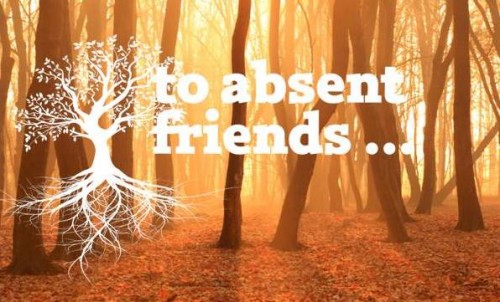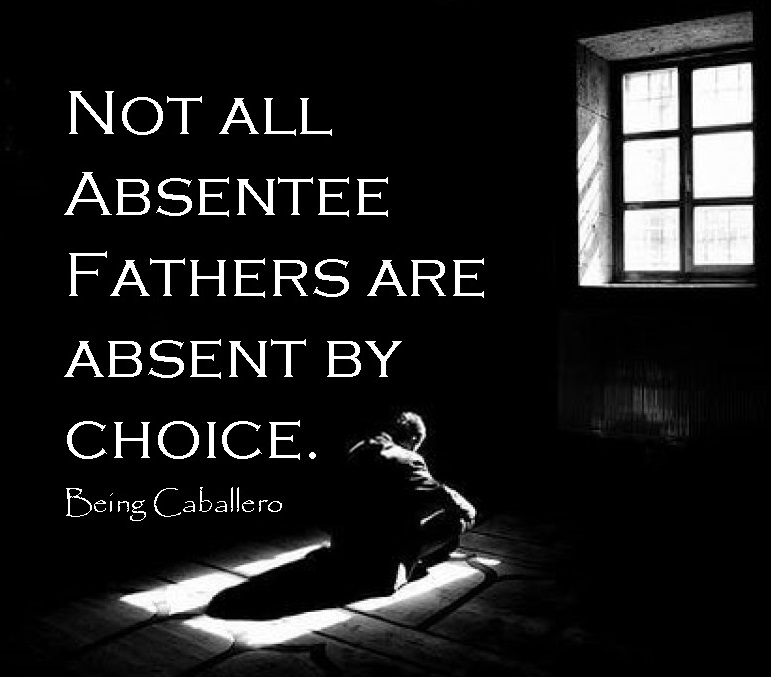
those maintaining border security, prison and probation staff and other national security roles, including those overseas.

fire and rescue service employees (including support staff).contractor and armed forces personnel (those critical to the delivery of key defence and national security outputs and essential to the response to the COVID-19 pandemic).as well as those essential to the provision of other key goods (for example hygienic and veterinary medicines).essential public services, such as the payment of benefits including in government agencies and arms length bodies.This only includes those administrative occupations essential to the effective delivery of: journalists and broadcasters who are providing public service broadcasting.those responsible for the management of the deceased.

charities and workers delivering key frontline services.those essential to the running of the justice system.specialist education professionals who must remain active during the COVID-19 response to deliver this approach.This includes, but is not limited to, doctors, nurses, midwives, paramedics, social workers, care workers, and other frontline health and social care staff including volunteers the support and specialist staff required to maintain the UK’s health and social care sector those working as part of the health and social care supply chain, including producers and distributors of medicines and medical and personal protective equipment. Children with at least one parent or carer who is a critical worker can go to school or college if required, but parents and carers should keep their children at home if they can.

Parents whose work is critical to the coronavirus (COVID-19) response include those who work in health and social care and in other key sectors outlined in the following sections.

have been identified as otherwise vulnerable by educational providers or local authorities (including children’s social care services), and who could therefore benefit from continued full-time attendance.have an education, health and care ( EHC) plan.are assessed as being in need under section 17 of the Children Act 1989, including children and young people who have a child in need plan, a child protection plan or who are a looked-after child.Vulnerable children and young people include those who:
#THOSE WHO REMAIN TO ABSENT FRIENDS FULL#
In all circumstances, and in all settings, priority should continue to be given to vulnerable children and young people and children of critical workers (as defined below) to attend full time. These settings may however need to change how they are delivering education and childcare for a short period of time in line with the Contingency Framework. Early years and childcare settings, schools and colleges continue to be open for all children and young people in England and attendance of school age children remains compulsory.


 0 kommentar(er)
0 kommentar(er)
